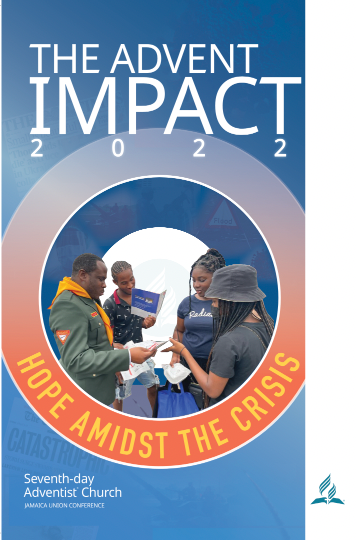The Protestant Reformation is not a historical event frozen in a distant past, said a panel of leaders and scholars at the International Religious Liberty Association’s 8th World Congress in Ft. Lauderdale, Florida, United States, on August 23. On the contrary, the watershed 16th-century occurrence must be revamped and rethought if we are to make the most of its core principles, they said.
“It is important we include the Reformation in the context of religious, peaceful coexistence,” said Andrews University Professor of Church History and International Religious Liberty Institute director Nicholas Miller, who moderated the panel. “After all, reformers Luther and Calvin also persecuted Anabaptists.”
Brief presentations on the historical aspects and issues of the Reformation and its meaning in contemporary society gathered experts from various backgrounds and training. The resulting interchange added to an ongoing discussion that, as they acknowledged, is not—and should not be—over.
“According to the Reformation, truth is reason, propositional statements,” said General Secretary of the Mennonite World Congress César García. “There is an idea that if we get our doctrines right, we will know God.” Drawing on a personal experience about the time he tried to win an atheist by outdoing his arguments, García explained that logic and apologetics by themselves are not enough.
“We need to go back to understanding Truth as a Person, as something that I can learn when I have a personal experience,” he said. “It is essential we find a balance between propositional truth and human experience.”


